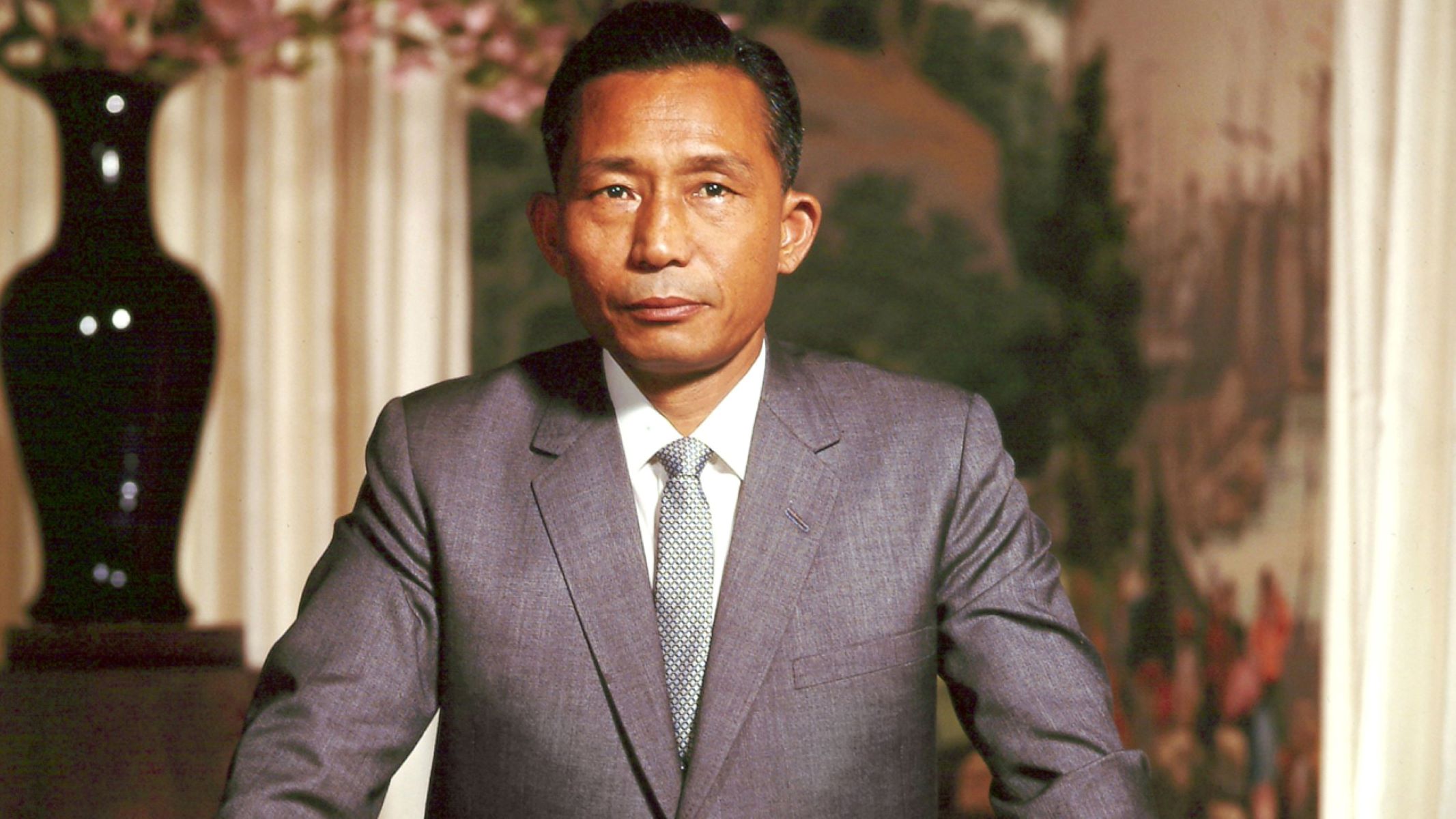
When it comes to influential figures in South Korea’s history, one name stands out prominently – Park Chung-hee. As the country’s third president, Park had a significant impact on modern South Korea and its path towards economic growth and development. His leadership spanned from the early 1960s until his assassination in 1979, and his tenure is widely regarded as a crucial turning point for the nation. Throughout his time in power, Park implemented a series of ambitious policies and reforms that transformed South Korea into an economic powerhouse. But beyond his achievements, there are several fascinating and unbelievable facts about Park Chung-hee that shed light on his legacy and personality. From his humble beginnings to his controversial methods, join us as we delve into 12 incredible facts about this enigmatic leader.
Key Takeaways:
- Park Chung-hee was a powerful leader who transformed South Korea’s economy and faced controversy for his authoritarian rule, leaving a lasting impact on the country’s history.
- Park’s legacy sparks ongoing debate in South Korea, with his economic achievements and authoritarian rule continuing to shape the nation’s modern identity.
Park Chung-hee was the President of South Korea for over 18 years.
Park Chung-hee, a military general, assumed power in a coup d’état in 1961 and went on to become the longest-serving president in South Korean history.
He played a significant role in transforming South Korea into an economic powerhouse.
Under Park’s leadership, South Korea experienced rapid industrialization and economic development, famously known as the “Miracle on the Han River.
Park initiated the “Five-Year Plans” to guide economic growth.
Implementing a series of economic plans, Park focused on developing key industries, promoting exports, and modernizing infrastructure to propel South Korea’s economic advancement.
Park’s tenure was not without controversy.
While praised for his economic achievements, Park’s authoritarian regime faced criticism for suppressing political dissent and violating human rights.
Park implemented strict laws to promote family planning.
In an effort to curb overpopulation, Park introduced measures that restricted birth rates and encouraged smaller families.
Park’s daughter, Park Geun-hye, later became the first female president of South Korea.
Park Chung-hee’s political legacy continued with his daughter, who served as the president of South Korea from 2013 to 2017.
He survived several assassination attempts during his presidency.
Park Chung-hee faced numerous assassination attempts, with one of the most notable being the North Korean attempt to infiltrate the Blue House, the official residence of the South Korean president.
Park was assassinated by his own intelligence chief.
In 1979, Park Chung-hee was assassinated by Kim Jae-gyu, the director of the Korean Central Intelligence Agency, citing reasons of political discontent.
Park’s economic policies led to the emergence of South Korean conglomerates.
During his presidency, Park encouraged the growth of large corporations known as chaebols, such as Samsung and Hyundai, which played a crucial role in South Korea’s economic development.
Park’s controversial approach to industrialization resulted in labor disputes and worker’s rights movements.
The rapid growth of industries under Park’s economic policies often came at the expense of workers’ rights, leading to labor strikes and protests demanding improved working conditions.
Park’s leadership style was characterized by a strong emphasis on discipline and order.
Known for his authoritarian approach, Park implemented strict social and political controls to maintain stability and foster economic growth.
Park’s legacy remains a subject of debate and reflection in South Korea.
Even decades after his death, Park Chung-hee’s impact on South Korea’s modern history continues to be a topic of discussion, with differing opinions on the balance between his accomplishments and his authoritarian rule.
Conclusion
In conclusion, Park Chung-hee was a fascinating and controversial figure in Korean history. His leadership during the era of rapid industrialization and modernization in South Korea is largely credited with the country’s economic success. However, his authoritarian rule and suppression of political opposition have also drawn significant criticism.
Despite the mixed opinions surrounding Park Chung-hee, it is undeniable that he played a pivotal role in shaping the modern Korean society we see today. His impact, both positive and negative, continues to be debated by scholars and citizens alike.
Understanding these 12 unbelievable facts about Park Chung-hee offers a deeper insight into the complexities of his leadership and the lasting legacy he left behind.
FAQs
1. Was Park Chung-hee a democratically elected leader?
Yes, Park Chung-hee initially came to power through a military coup in 1961. However, he held several elections during his time in office and was able to maintain his leadership through a mixture of popular support and repressive measures against political opposition.
2. What were some of Park Chung-hee’s major achievements?
Park Chung-hee’s major achievements include spearheading the economic development of South Korea, known as the “Miracle on the Han River,” and transforming the country from a war-torn agrarian society into an industrial powerhouse.
3. What were some criticisms of Park Chung-hee’s rule?
Criticisms of Park Chung-hee’s rule include his authoritarian style of leadership, widespread human rights abuses, censorship of the media, and suppression of political opposition. Additionally, his policies favoring conglomerates and the wealthy elite led to a growing wealth gap in the country.
4. How did Park Chung-hee’s rule come to an end?
Park Chung-hee’s rule came to an end when he was assassinated by his own intelligence chief in 1979. This event marked a turning point in Korean history and eventually led to the reinstatement of democracy in South Korea.
Was this page helpful?
Our commitment to delivering trustworthy and engaging content is at the heart of what we do. Each fact on our site is contributed by real users like you, bringing a wealth of diverse insights and information. To ensure the highest standards of accuracy and reliability, our dedicated editors meticulously review each submission. This process guarantees that the facts we share are not only fascinating but also credible. Trust in our commitment to quality and authenticity as you explore and learn with us.
